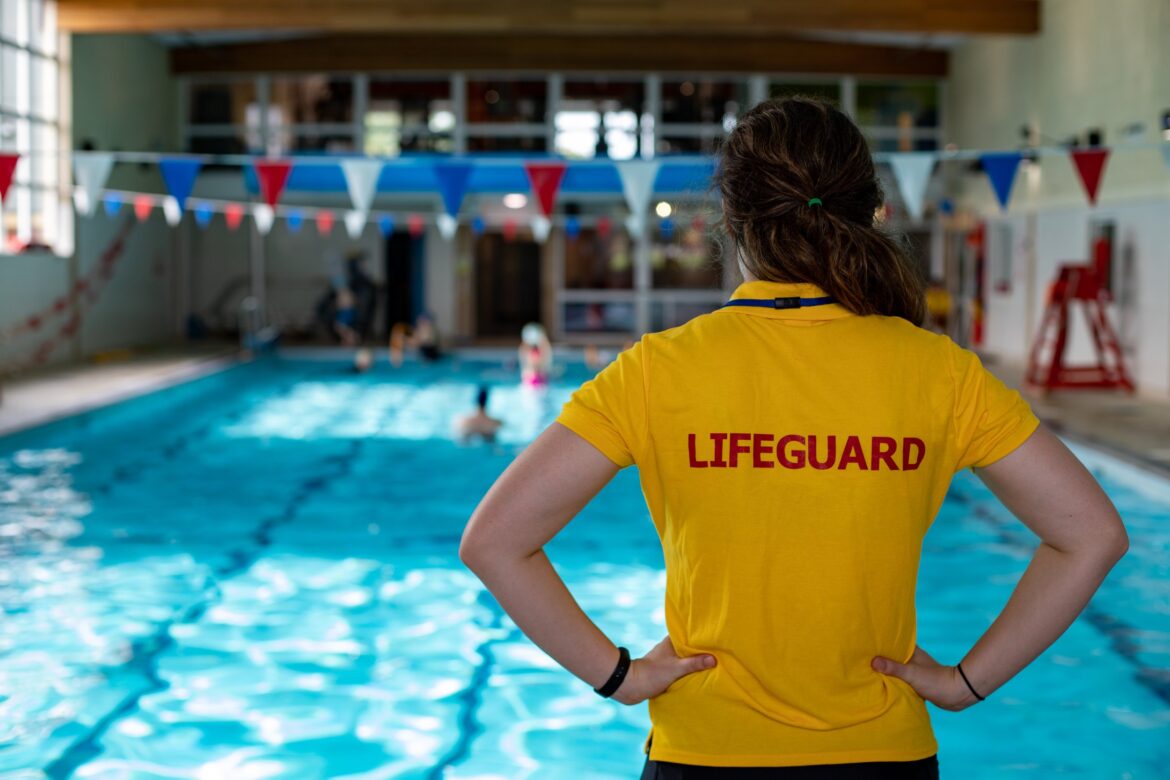Lifeguard certification is a crucial qualification that equips individuals with the skills needed to ensure safety and respond to emergencies in aquatic environments. American Lifeguard USA, a leading provider of lifeguard training, plays a pivotal role in preparing individuals to become proficient and confident lifeguards. But who exactly can obtain a lifeguard certificate? This article explores the eligibility criteria, the ideal candidates for certification, and the benefits that come with this esteemed qualification.
Understanding Lifeguard Certification
Before diving into who can obtain a lifeguard certificate, it’s important to understand what the certification entails. Lifeguard training programs, such as those offered by American Lifeguard USA, cover various aspects of water safety, rescue techniques, first aid, and emergency response. Upon successful completion of the training and passing the certification exam, individuals receive a lifeguard certificate, which qualifies them to work in various aquatic settings.
Basic Eligibility Criteria
To ensure that candidates are prepared for the responsibilities of a lifeguard, American Lifeguard USA has established certain eligibility requirements. These criteria ensure that individuals who obtain the certificate are capable of performing the demanding tasks associated with lifeguarding. Here are the key eligibility criteria:
Age Requirement: Candidates typically need to be at least 15 years old to enroll in a lifeguard training course. This age requirement ensures that participants have the maturity and physical ability to handle the responsibilities of a lifeguard. However, some programs may have different age requirements, so it’s essential to check the specific guidelines of the training provider.
Swimming Proficiency: A strong foundation in swimming is essential for lifeguards. Candidates must demonstrate proficient swimming skills, including the ability to swim a specific distance and perform various strokes. This ensures that they can effectively rescue individuals in distress and handle emergency situations in the water.
Health and Fitness: Lifeguards must be in good physical health and possess the stamina required for the demanding nature of the job. Candidates are often required to pass a physical fitness test to ensure they meet the health standards necessary for performing lifeguard duties.
Written and Practical Assessments: Lifeguard certification programs include written and practical assessments to test candidates’ knowledge and skills. These assessments cover water safety protocols, rescue techniques, and first aid procedures. Candidates must pass these assessments to obtain their certificate.
Ideal Candidates for Lifeguard Certification
While the basic eligibility criteria set the foundation, certain individuals are particularly well-suited for lifeguard certification. Here are some characteristics and qualities that make someone an ideal candidate:
Strong Swimming Skills: Excellent swimming abilities are crucial for effective lifeguarding. Individuals who are comfortable and skilled in the water are more likely to excel in lifeguard training and perform their duties effectively.
Physical Fitness: Lifeguarding requires physical strength, endurance, and agility. Candidates who maintain good physical fitness are better equipped to handle the demands of the job, including swimming long distances, performing rescues, and managing emergencies.
Attention to Detail: Lifeguards must remain vigilant and attentive at all times. Candidates with a keen eye for detail and a strong sense of responsibility are well-suited for the role, as they are more likely to notice potential hazards and respond promptly to emergencies.
Strong Communication Skills: Effective communication is essential for coordinating with team members, alerting swimmers to potential dangers, and providing clear instructions during emergencies. Candidates with strong verbal and interpersonal skills are better equipped to handle these aspects of lifeguarding.
Crisis Management Abilities: Lifeguards must be able to remain calm and make quick decisions during high-pressure situations. Individuals who demonstrate composure and effective problem-solving skills are ideal candidates for lifeguard certification.
Passion for Safety: A genuine interest in ensuring the safety and well-being of others is a fundamental quality for lifeguards. Candidates who are passionate about water safety and helping others are likely to be dedicated and effective lifeguards.
Benefits of Obtaining a Lifeguard Certificate
Obtaining a lifeguard certificate offers numerous benefits, both personally and professionally. Here are some of the key advantages:
Career Opportunities: Lifeguard certification opens doors to various career opportunities in aquatic settings, including pools, beaches, and waterparks. Certified lifeguards are in demand, and the certification can enhance job prospects and career growth.
Skills Development: Lifeguard training equips individuals with valuable skills in water safety, rescue techniques, first aid, and emergency response. These skills are not only applicable in lifeguarding roles but also transferable to other professions and everyday life.
Personal Confidence: Successfully completing a lifeguard training program and obtaining certification boosts personal confidence. Lifeguards gain a sense of accomplishment and reassurance in their ability to handle emergency situations and contribute to the safety of others.
Community Impact: Lifeguards play a vital role in ensuring the safety of swimmers and preventing accidents. By obtaining a lifeguard certificate programs, individuals contribute to their community’s well-being and play a part in fostering a safer aquatic environment.
Lifelong Learning: Lifeguard certification is often accompanied by ongoing training and recertification opportunities. This commitment to continuous learning allows lifeguards to stay updated on the latest safety protocols and enhance their skills over time.
Also Read About: The Gold Standard in Aquatic Safety: Lifeguard Certification and Best Lifeguard and Safety Instructor Certification
Conclusion
Obtaining a lifeguard certificate through American Lifeguard USA is a significant achievement that requires meeting specific eligibility criteria and possessing key qualities. Ideal candidates for lifeguard certification are strong swimmers, physically fit, attentive, communicative, and passionate about safety. The benefits of obtaining a lifeguard certificate extend beyond career opportunities, offering personal growth, valuable skills, and a positive impact on the community. Whether you’re looking to start a career in lifeguarding or enhance your skill set, obtaining a lifeguard certificate is a rewarding step toward making a difference in aquatic safety.


